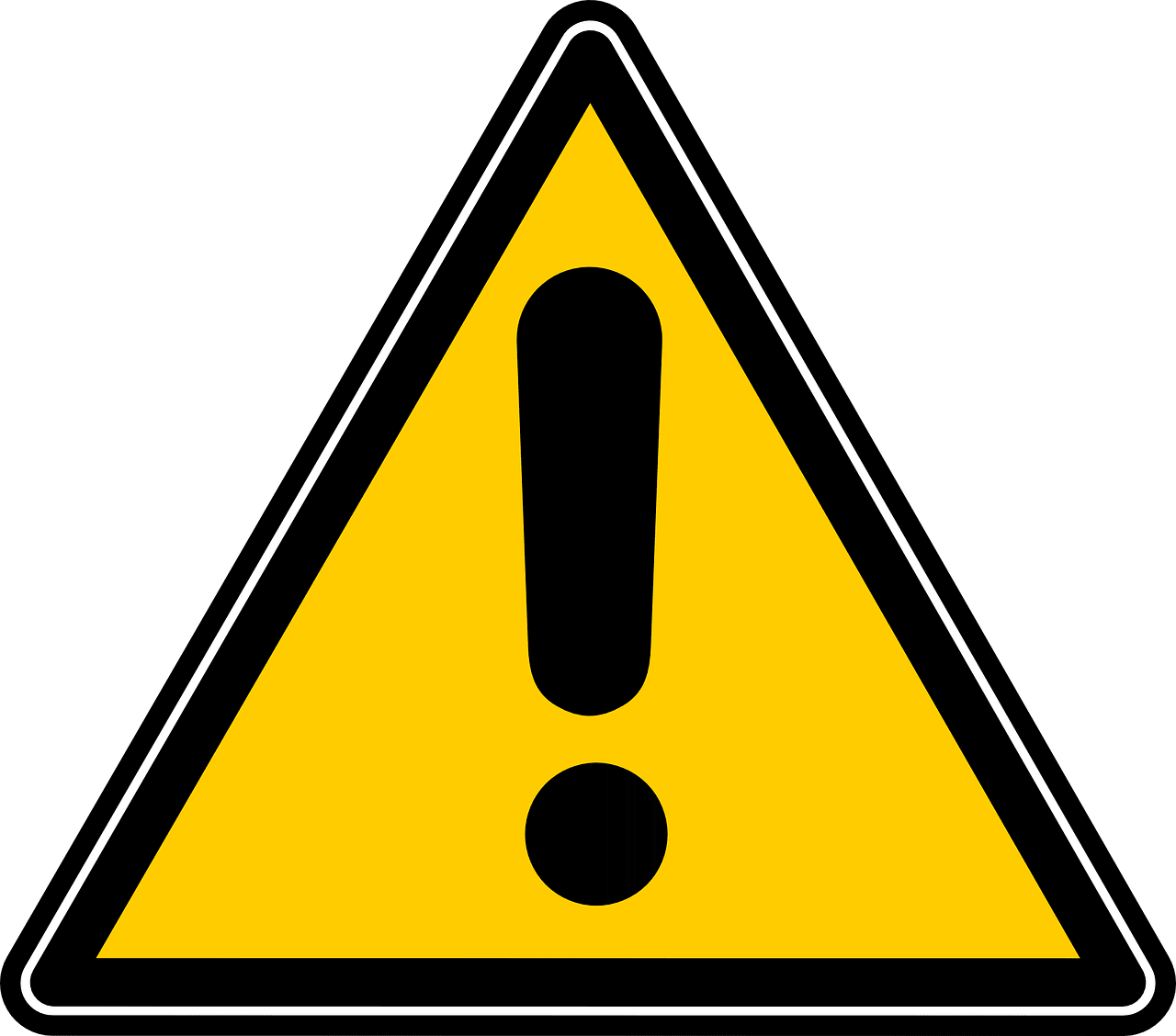The Dangers of Mold in Your Home

REDIRECTED TO LATER BLOG: https://staging.acculevel.com/danger-of-mold/
Nobody wants to hear they have mold — whether it’s on the food in the fridge or on surfaces in the basement. If you suspect you have mold in your basement, do not attempt to remove it yourself. Only certified professionals should tackle basement mold.
Health Risks
There are numerous types of mold, but only some may impact human health. Mold spores easily spread, so once a small number takes root in your basement, expect it to get worse — especially if you try to deal with mold yourself, which just disturbs it and helps it multiply.
For those in perfect health, living with a very few undisturbed spores in the basement likely won’t lead to health problems. But most people are not in perfect condition. Those with allergies and lung issues or sensitivities as well as children and those of advanced age are susceptible to the health problems mold causes.
Milder symptoms may include coughing, sore throat, wheezing, stuffy nose, and skin irritation. More severe symptoms include lung irritation and infection. There are some harmless mold types. However, any mold in a basement is potentially hazardous, so avoid contact with it.
Spotting It
Finding mold can be difficult. It can hide in many places, including insulation. Other places to check include ceiling tiles, anything wood (such as beams), drywall, painted areas, ductwork, and carpets. Mold comes in a variety of colors, such as white, black, and green. It may appear fuzzy or yellowish on fabrics and softer materials that have been in contact with moisture.
Even if you can’t see the mold, you may be able to smell it. Most mold produces a not-so-lovely musty stench, so take a nice breath of fresh air, then head to the basement and see if the air smell is drastically different. Don’t rely only on smell, though, as some mold doesn’t produce an odor.
Home test kits are available to buy and may be helpful as an additional tool for finding mold. However, these home tests are not 100 percent accurate all the time, so use it as a supplemental method. Hiring a licensed mold inspector is the only surefire way to determine if you have mold in the basement.
The Cause
Mold grows in moist areas, and it doesn’t take much to get spores going. Yes, a veritable swimming pool from a flood in the basement can result in mold, but so can improperly sealed windows that let in rain or experience condensation. Water can get into your basement a number of ways. Flooding is obvious. Not so obvious is moisture coming through the walls because of pressure from saturated soil around your home’s foundation. High humidity in the air also may cause mold. Drying out the basement won’t help, either, as the moisture already has come in and no one has fixed the source of the moisture problem.
Prevention
The key to preventing mold is to keep your basement and the rest of your home as dry as possible and maintain your house. Run dehumidifiers, fix foundation and basement wall cracks as soon as possible, maintain your gutters, and if needed, have a drainage system installed.
Mold Removal
The most important thing to remember about mold removal is to never do it yourself. This is not a good DIY project, no matter how skilled you are. Any novice disturbing of the mold just sets you up for future mold growth.
Any company you hire must be certified for mold removal and remediation. Expertise is essential. A mold remediator has the right equipment to handle the project and knows the proper safety gear to wear to prevent exposure to skin, eyes, and lungs.
Acculevel is Certified
At Acculevel, we hope your basement is nice and dry and you never need our services. But if your basement does have moisture issues and you think mold may be present, our skilled staff is ready to help. We are certified in mold removal and remediation, and once that is done, we can address waterproofing options. If you live in the Midwest and would like to contact us about an estimate or mold removal, please call (866) 669-3349 or email [email protected].
Related Articles:
10 Facts About Mold
Mold Prevention Tips for the Midwest
